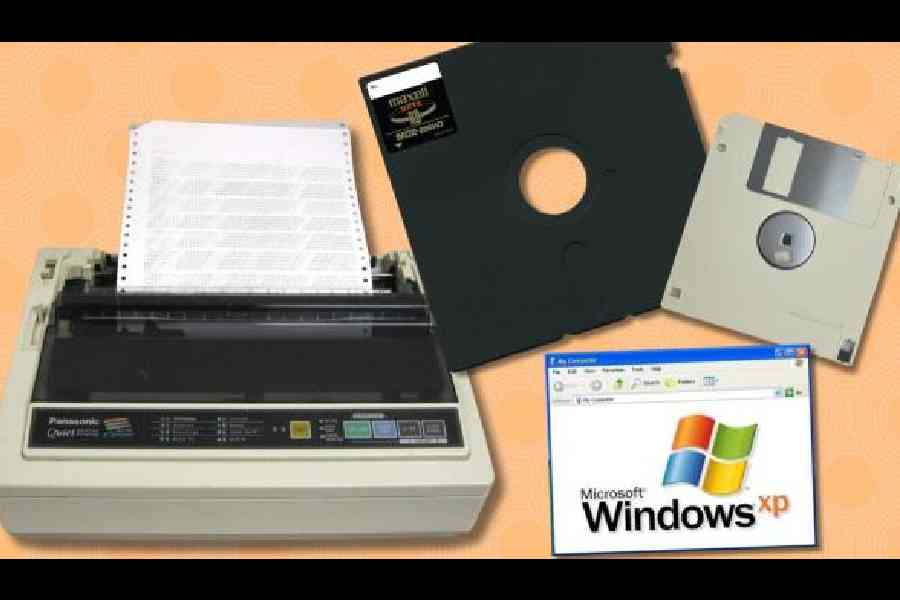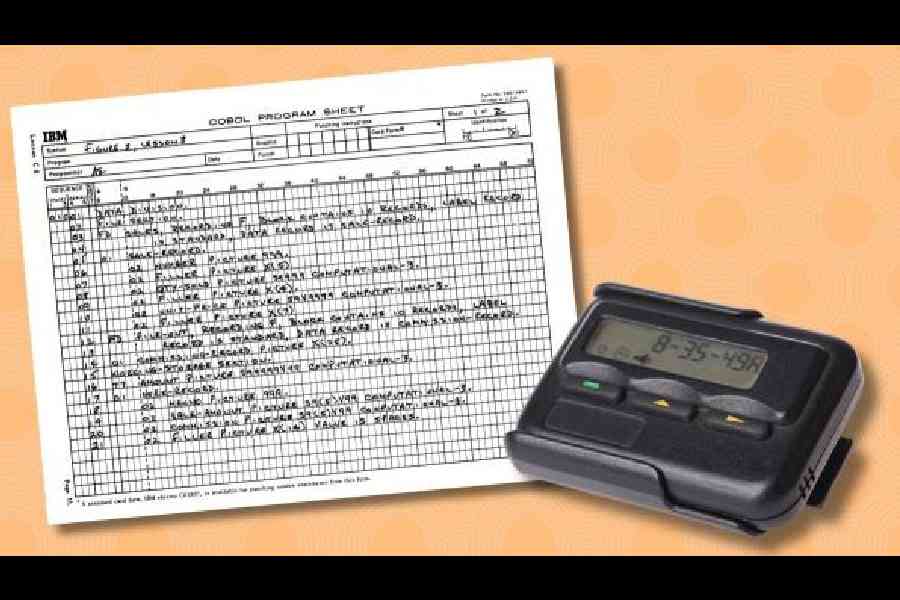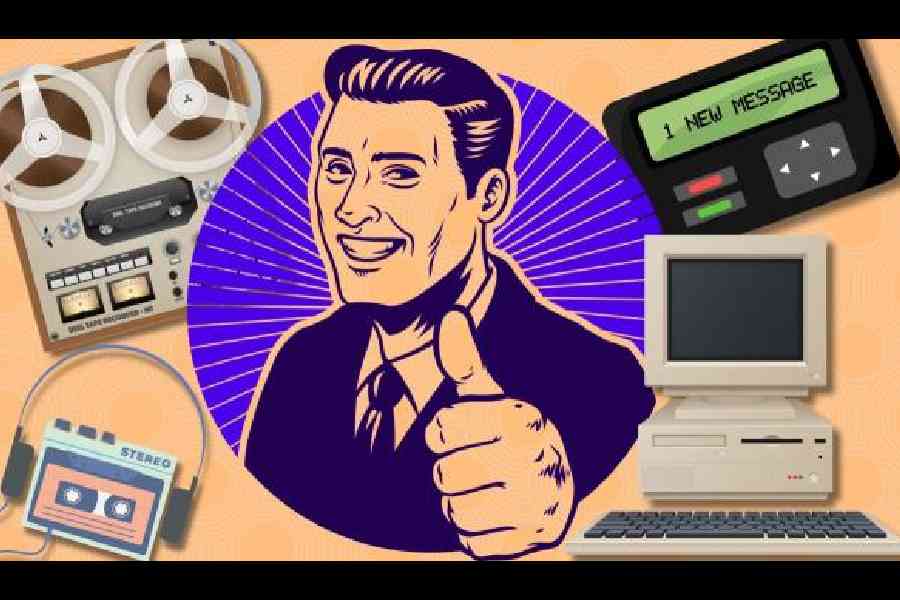A ride on the Muni Metro, San Francisco’s public rail system, even at odd hours, is a memorable one for a tourist. It makes life easy if you don’t want to splurge on Uber or Lyft. But behind the scenes, there are quite a few things going on in terms of technology.
Flippin’ floppy
The San Francisco Municipal Transportation Agency, which runs the city’s Muni Metro light rail, wants to abandon its reliance on 5¼-inch floppy disks. You read that right: The agency still uses an outdated system that has been a part of Muni Metro’s Automatic Train Control System (ATCS) since its installation in a Market Street subway stop in 1998. The system has several components, like onboard computers tied to the propulsion and braking systems, communication infrastructure and loop cable signal wires. The floppy disks are for loading the software running the central servers.
The agency has been considering an overhaul for quite some time but it’s a long process, which the pandemic didn’t help. Things should change by 2029-30. But for the moment, there are two aspects to using floppy disks. First, it’s an expensive and outdated mode of operation that many new workers may not know how to handle, besides facing the risk of data degradation on the medium.
If stored properly, a floppy disk can be in good condition for 20-odd years while Sony, one of the last diskette makers, ceased production in 2010.
It will be incorrect to point fingers only at this one organisation. Boeing’s 747-400 aircraft, first introduced in 1998, was receiving software updates through 3.5-inch floppy disks even in 2020. According to The Verge, Pen Test Partners discovered a 3.5-inch floppy disk drive in the cockpit, which is used to load important navigation databases that need to be updated every 28 days.

The dot-matrix printer, floppy disks and Windows 95 remind us what we have left behind in the tech world
In fact, the US Defence Department retired the use of the eight-inch floppy disk from nuclear arsenal duties only in 2019. A system Strategic Automated Command and Control System, or SACCS, which manages the Air Force portion of the arsenal, has moved away from the floppy.
COBOL still rattles
Remember the programming language COBOL? When I tried exploring it in the early 1990s, I thought what good would it be in 10 more years. Once hot among computer mainframes, it’s still around and COBOL coders are in demand. Outdated indeed but it was once very effective for business applications. Billions of COBOL codes continue to run on production systems globally. IBM watsonx Code Assistant is helping faster translation of COBOL to Java.
COBOL codes are stable and once upon a time, it was secure but as systems become complicated, there are unexpected problems. Legacy COBOL, combined with other outdated technology, led to a break-in in the Office of Personnel Management in the US in 2015. Back then the use of COBOL in the federal government was widespread. Things have improved drastically but COBOL is far from dead.
XP-utin
Yes, even after more than 20 years, Windows XP continues to run on many PCs. At least till 2019, Vladimir Putin, the president of Russia, was using the obsolete Microsoft Windows XP operating system on computers in his office at the Kremlin and at his official Novo-Ogaryovo residence near Moscow. Microsoft stopped releasing regular security updates for Windows XP and Office 2003 in April 2014 but that’s not stopping users across the globe from clinging on to it.
According to data from Statcounter, Windows XP has a 0.57 per cent share among all iterations of the OS. If there are 1.5 billion Windows PCs worldwide, the number of Windows XP users can be around 8.5 million. That’s a substantial figure if you consider that Windows XP hasn’t received any updates in a very long time.
Clack-clack dot-matrix printers
In case you have a few minutes to spare while waiting at the boarding gate of some airports, there is a chance you will hear the machine-gun printing style of dot-matrix printers. Yes, you can still buy those and even 24-pin options; shops still have supply of ribbons needed to print sheets and airlines are on the verge of turning their backs on the technology.
Meredith Grey has given up but...

COBOL programming language is still used in some places and so are pagers
Remember pagers? Yup, those tiny communication devices that were once very cool and part of any medical drama on TV. NHS in the UK were supposed to turn its back on the device years ago but last year, The Times, London, reported that there are around 79,000 pagers in use with England’s healthcare system. Or, an estimated one in 10 of the total globally. The data was uncovered by the Labour Party. Wes Streeting, the shadow health secretary, said: “It’s a bit rich for Rishi Sunak to promise to make Britain a world leader in AI, when he can’t even axe the fax or purge the pager.” So much for Govinda and Karisma Kapoor dancing to “Sorry mobile nahi, lele tu pager number.”










